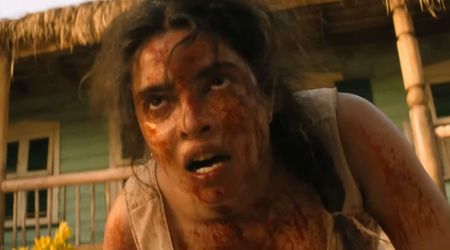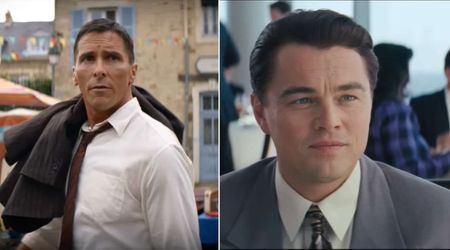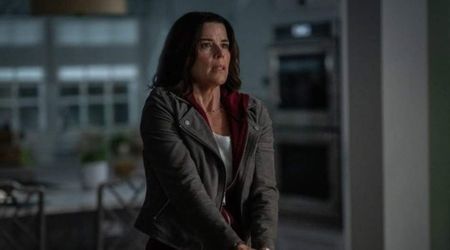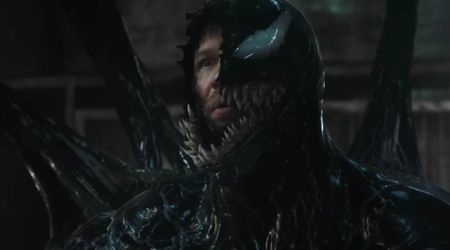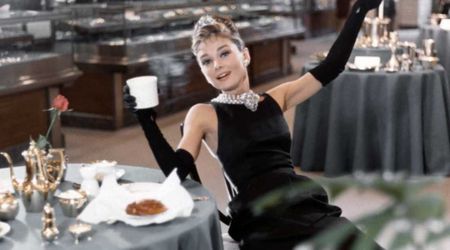‘The Deliverance’ Review: Ridiculous Glenn Close starrer falls into predictable horror clichés
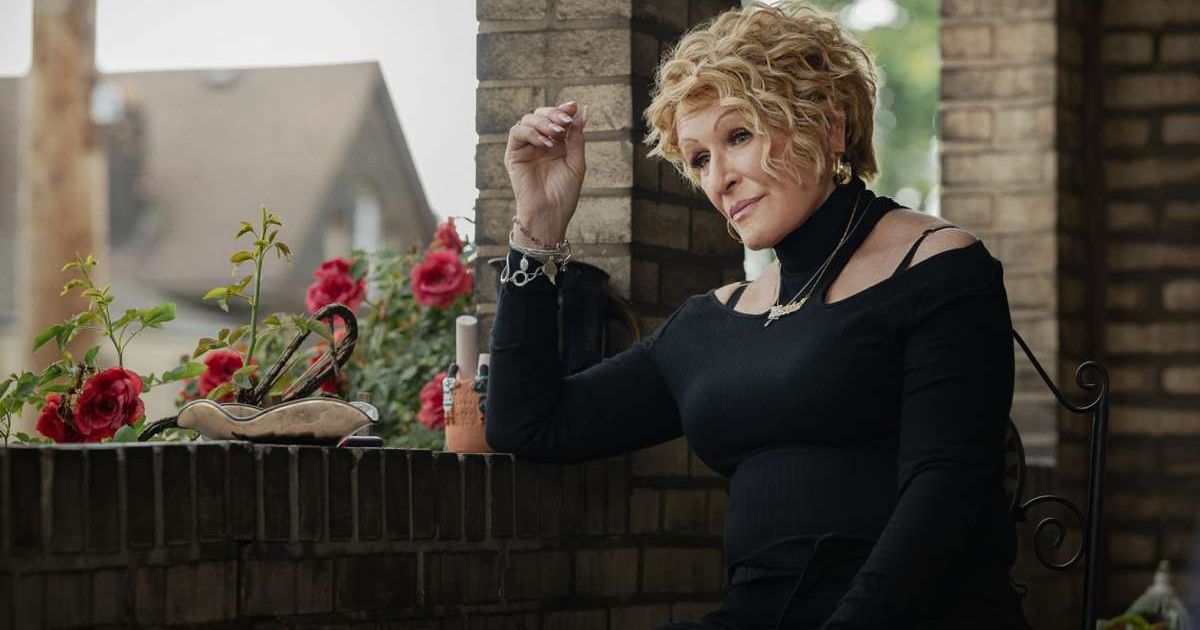
Contains spoilers for ‘The Deliverance’
PITTSBURGH, PENNSYLVANIA: Lee Daniels’s new Netflix film, ‘The Deliverance’, ambitiously tries to juggle two very different genres: raw family drama and supernatural horror. At first, the film immerses us in the gritty, often painful realities of its characters, creating a sense of urgency and authenticity. We’re drawn into the intense drama of their lives.
But as the story goes into the horror territory, it struggles to keep that emotional connection. The blend of drama and supernatural elements doesn’t quite work, and the engaging family story gets lost amid the more familiar and less effective horror clichés.
‘The Deliverance’ struggles with its tacky blend of drama and horror
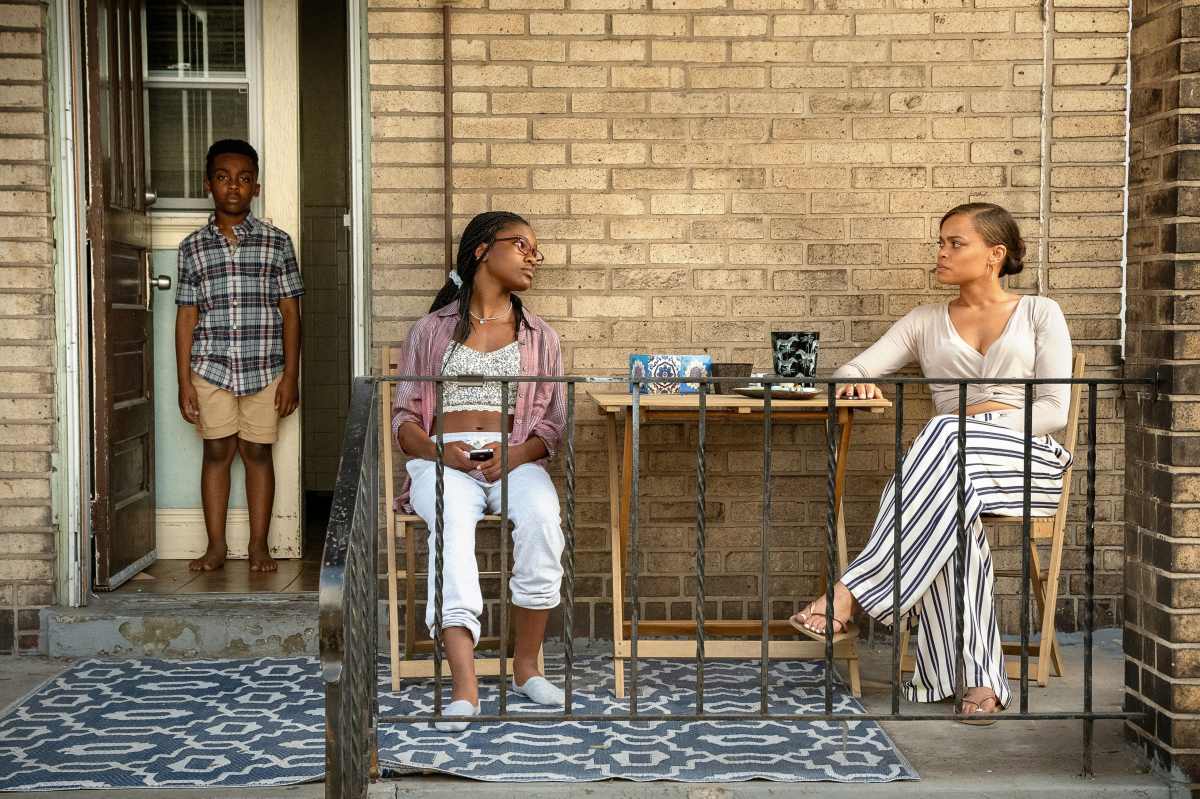
‘The Deliverance’ centers around Ebony Jackson, played with gritty intensity by Andra Day, who portrays a single mother grappling with a life marred by addiction, poverty, and fractured relationships. Ebony’s struggles are palpable from the start. She’s flawed and imperfect—qualities that the movie embraces fully. Whether it's her volatile temper or the way she deals with her children and her mother, Alberta (a standout performance by Glenn Close), Ebony is a character who demands attention. Her life takes a turn for the worse when the family moves into a new house in Pittsburgh, where unsettling events begin to unfold.
As ‘The Deliverance’ dives into its supernatural subplot, it shifts from a compelling drama to a more traditional horror film. The transition isn’t smooth, and the horror elements often come across as formulaic. We see the usual signs of possession: creepy children, unsettling visions, and eerie basement occurrences. While the family drama—Ebony’s strained relationship with her mother and her struggles with her children —feels authentic and engaging, the supernatural aspects feel tacked on and less convincing.
Even Andra Day's strong performance struggle to save ‘The Deliverance’
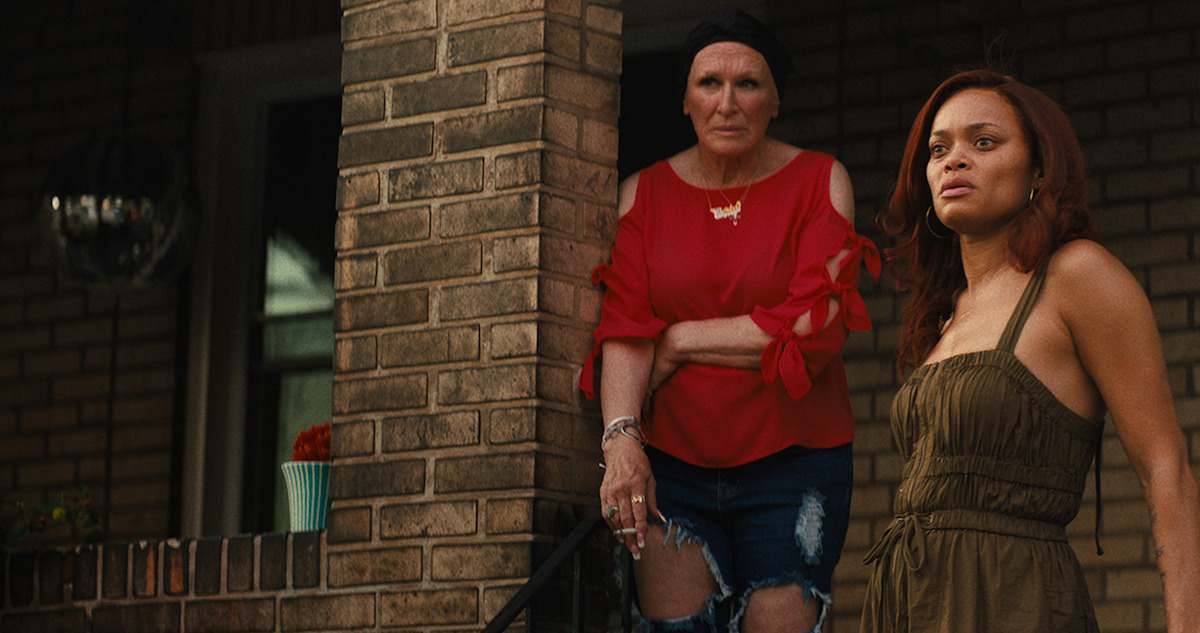
The film does manage to keep some of its momentum thanks to its strong performances. Andra Day brings a rawness to her role that makes Ebony’s struggles feel real and urgent. Glenn Close, in particular, shines as Alberta, providing a performance that’s both captivating and deeply emotional. However, once the story veers into exorcism territory, even these strong performances struggle to stay grounded.
‘The Deliverance’ introduces Reverend Bernice (played by Aunjanue Ellis-Taylor), a character who seems to have all the answers but ends up only adding to the film’s growing list of horror clichés. The exorcism scenes, intended to be the climax, fall flat and often border on the absurd. The tension that the film builds up in its earlier, more dramatic scenes seems to dissipate as it leans heavily into supernatural tropes.
‘The Deliverance’ disappoints with its cliche horror elements
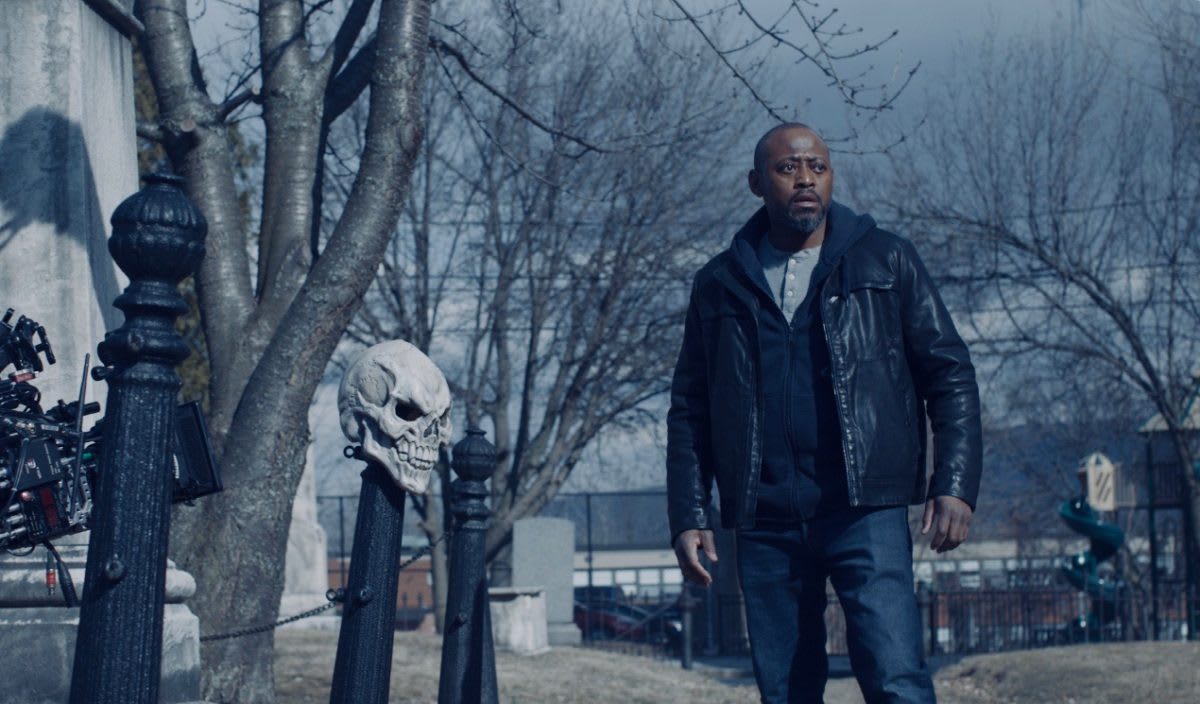
Despite its shortcomings, ‘The Deliverance’ might still offer something for fans of both genres. The film’s first half, with its focus on the harsh realities of Ebony’s life and her family’s struggles, is compelling and emotionally charged. It’s a shame that this gripping drama gets overshadowed by a second half that relies too heavily on worn-out horror conventions.
In the end, while ‘The Deliverance’ attempts to blend family drama with supernatural horror, it’s the human elements—rooted in real, relatable struggles—that make it stand out. The film’s foray into horror might not land as effectively, but its portrayal of a family fighting their demons, both internal and external, holds some merit. If you’re in it for the performances and the raw drama, there’s plenty to appreciate. But if you’re looking for a fresh take on horror, you might find yourself disappointed.


